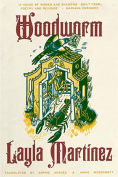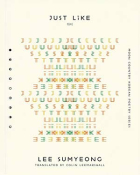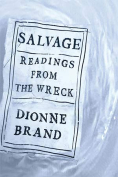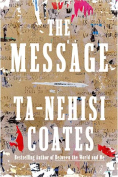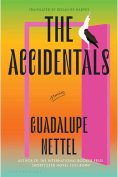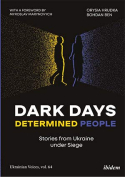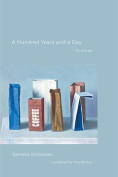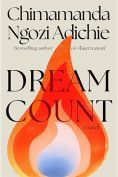Forgotten Exiles by Cyril Dabydeen
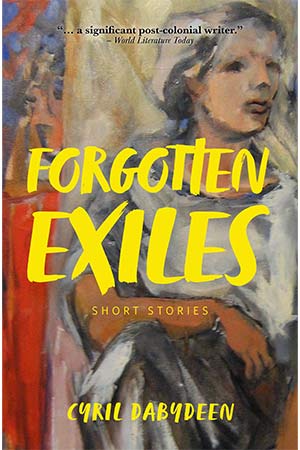
Oakville, Ontario. Mosaic Press. 2024. 158 pages.
The landscape of Forgotten Exiles is diversely and richly populated: whether set in the Caribbean, South America, or Canada; whether characters are eating chicken vindaloo or a soggy sandwich; whether they are reading Shakespeare or Tagore. The poet in Cyril Dabydeen is evident in each of the sixteen stories. His use of language is concise and meticulous, his scenes dynamic and distilled.
Dabydeen’s word selection is notable, syllables unspooling in “tintinnabulation” and “desultoriness,” with specific and evocative vocabulary bolstering his authority as storyteller. There’s talk of displacement and decolonization in one story, best practices and transparency in another: whether a classroom or boardroom setting, his attention to detail secures verisimilitude and invites speculation as to the characters’ futures beyond a story’s final page.
The sense of motion is remarkable, not only in the use of liminal settings (like an airport, a city bus, or an open-air market), but a finger wags and wives wave, laughter skitters and posture wavers, grasses are windswept and lightning flashes. Even the expository passages reflect the subtle rhythms that characterize ordinary lives and conversations. Sometimes particular phrases echo, offering security through repetition (“Trust some people” and “Think nothing of it”) for individuals feeling disoriented. And fragments and ellipses bring characters’ voices off the page, with deliberate and unusual punctuation usage to accommodate uncertainties and possibilities.
One character’s speech is peppered with “I really must know” and another’s “if you must know” and yet another’s “you tell me.” The same character observing “sugar and molasses in my veins” is seeking “my own place in Canada.” One might be viewed as a Canadian or the Canadian: the distinction matters. In one story, “cross-culturalism was just a made-up word.” And in another: “Canada was a far place away, and I was going back there.”
Readers, like these characters, experience “the sensation of having travelled to be here” only to find new questions. Borders shift, identities shift: the key is relational. Even in the shortest stories’ resolutions, there are moments of connection. Someone is “coming closer,” the sound is closing in, or students are leaning. One story ends with someone waiting for a wave, and another ends with Caribbean waves “crashing down . . . far from Arabian Sea.” As though anyone waiting (or reading) can trust in Dabydeen to secure the loop.
Marcie McCauley
Toronto

